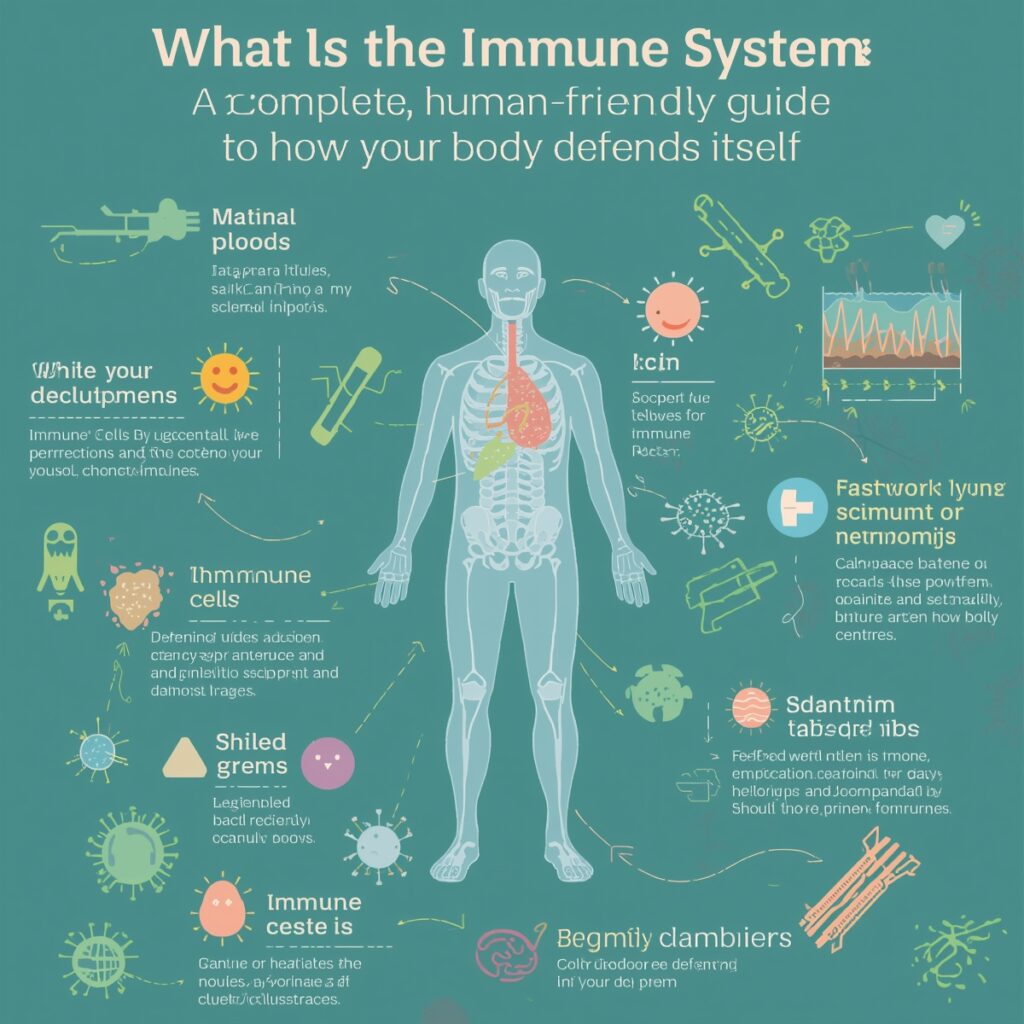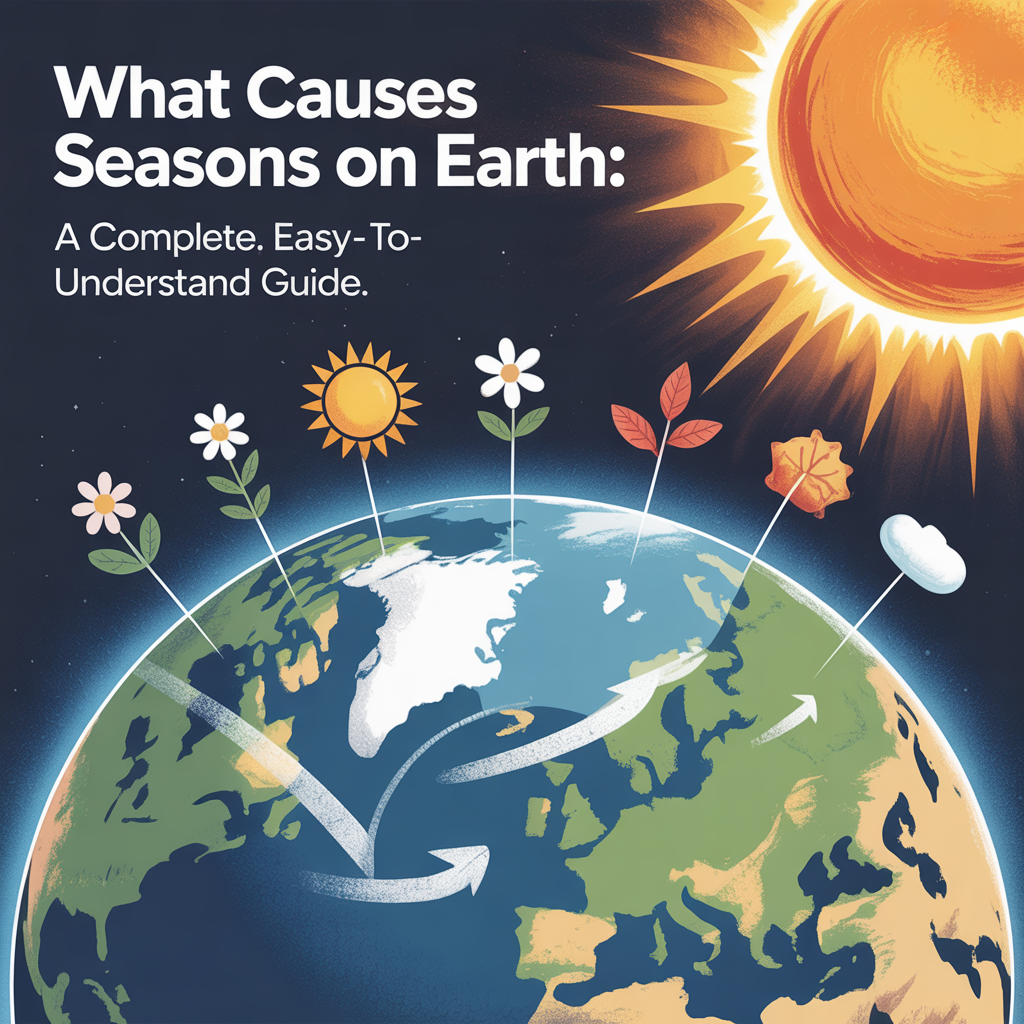Weird Science Facts That Will Blow Your Mind
Weird science facts are more than just random trivia—they’re tiny gateways into the wonder and mystery of the universe. Every strange discovery makes us pause and think about how reality works in ways we often overlook. From million-pound clouds floating above us to the bizarre experiences astronauts face in space, these surprising truths remind us that science isn’t just about formulas or labs—it’s alive, strange, and endlessly fascinating.
As someone who’s spent years communicating science in a way that sparks curiosity, I believe sharing weird and odd science trivia isn’t just fun—it’s powerful. These little nuggets of knowledge can inspire someone to explore further, dig deeper, and appreciate the strange beauty of the natural world. Let’s dive into some of the strangest science facts that will leave you amazed, amused, and maybe even a little mind-boggled.
Why Weird Science Facts Fascinate Us
Weird science facts stick with us because they flip our assumptions upside down. We tend to think of science as logical, predictable, and even rigid. But when you discover that bananas are radioactive, or that rats actually laugh when tickled, you suddenly realize how quirky and playful science can be.
Strange science facts make learning memorable. You might not remember the details of Newton’s laws offhand, but you’ll never forget that an astronaut can’t burp normally in space. The surprise element grabs attention, and once curiosity kicks in, it leads us to explore deeper scientific truths.
As a science writer, I’ve seen how sharing weird trivia at a dinner table or classroom sparks questions like, “Wait, how is that possible?” And that’s where science begins—not in memorizing facts, but in asking questions.
A Million-Pound Cloud Floating Overhead
Here’s a fact that sounds impossible: the average cumulus cloud weighs about 1.1 million pounds—that’s roughly the weight of 100 elephants. How can something so massive float above our heads without us noticing?
The secret lies in density. Clouds are made up of millions of tiny water droplets spread across a huge volume of air. While the total weight is enormous, each droplet is so small and dispersed that the cloud’s density is less than the air beneath it. This allows the cloud to hover gracefully in the sky instead of crashing down.
It’s one of those weird science facts that feels magical, but really it’s just physics and atmospheric science in action. The next time you look up at fluffy white clouds, remember—you’re staring at a floating mountain of water.
Space Is Gross: Why Astronauts Can’t Burp
When we think about space, we imagine astronauts floating gracefully, gazing at Earth, or walking on the Moon. But life in zero gravity is full of strange—and sometimes gross—oddities. One of the weirdest is that astronauts can’t burp normally in space.
On Earth, gravity keeps the gas in your stomach separate from the liquids and solids. When you burp, only the gas escapes. But in microgravity, everything floats together. If an astronaut tries to burp, the result is often a messy “wet burp,” where gas, liquid, and food rise together. To manage, astronauts sometimes push off a wall to create a little momentum and help their stomachs separate gas from liquid.
This quirky fact highlights just how much our bodies rely on Earth’s gravity for everyday processes we take for granted. It also shows that even the most glamorous job—being an astronaut—has some very unglamorous realities.
Mind-Blowing Odd Science Trivia
Beyond clouds and space burps, the world is full of odd science trivia that can surprise you at every turn. Here are a few gems that showcase just how bizarre—and wonderful—nature and physics can be:
-
Bananas are radioactive. They contain potassium-40, a naturally occurring isotope. Don’t worry—you’d have to eat millions of bananas at once for it to have any harmful effect.
-
Water can boil and freeze at the same time. This happens at the “triple point,” where pressure and temperature align just right. Scientists often demonstrate this in labs—it’s wild to see.
-
A day on Venus is longer than a year. Venus takes 243 Earth days to rotate once on its axis, but only 225 Earth days to orbit the Sun. Imagine celebrating your “year” before your “day” is even over.
-
Octopuses are truly alien. They have three hearts, nine brains, and blue blood. Their nervous systems are so unique that scientists study them to rethink what intelligence means.
Each of these strange science facts reveals just how much we still have to learn.
Nature’s Real Oddities
The natural world is brimming with surprising statistics and behaviors that read more like fiction than fact:
-
There are more trees on Earth than stars in the Milky Way. Scientists estimate around 3 trillion trees versus 100–400 billion stars. The scale of Earth’s biodiversity is staggering.
-
Rats laugh when tickled. Researchers discovered ultrasonic giggles from rats during play, suggesting laughter may have evolutionary roots deeper than we thought.
-
Honey never spoils. Archaeologists have found edible honey in ancient Egyptian tombs that’s thousands of years old. Nature is the ultimate food preserver.
We often think of science as futuristic rockets or particle colliders, but sometimes the strangest facts are sitting quietly in nature, waiting to be noticed.
Space Oddities Beyond Burping
Burping isn’t the only weird challenge astronauts face. Space is a strange environment, and living there reveals plenty of odd science trivia:
-
Food tastes bland. Microgravity affects taste buds and smell, so astronauts often crave spicier foods.
-
Fluids shift upward. With no gravity pulling them down, body fluids move toward the head, causing puffy faces and even vision problems.
-
Flatulence is frequent. Without gravity to help gases move, astronauts experience more trapped air.
-
Exposure to low pressure is dangerous. Without a spacesuit, bodily fluids can begin to boil in a process called ebullism. That’s why protective gear is literally life or death.
Each of these facts reminds us just how Earth-dependent our bodies are. We evolved here, and space exploration forces us to adapt in surprising ways.
Science Is Weird—but Trustworthy
The beauty of weird science facts is that they balance fun with truth. They entertain us, but they also reveal real principles about physics, biology, and astronomy. Every fact here has been checked against reliable sources like NASA, scientific research, and academic studies. So while the trivia may sound odd, it’s grounded in solid science.
Weird and strange science facts also make science approachable. Instead of feeling intimidating, they invite readers to laugh, gasp, or shake their heads in disbelief—and then dig deeper into the “why.” That’s the magic of curiosity-driven learning.
Why We Love Weird Science Facts
So why do odd science trivia and strange discoveries capture our imagination so strongly?
-
They ignite curiosity. Something unbelievable drives us to investigate further.
-
They stick in memory. Quirky facts stay with us far longer than dry data.
-
They inspire wonder. Strange truths about nature remind us how much mystery still surrounds us.
Ultimately, weird science facts show us that science is more than just equations—it’s a story about the universe, one surprise at a time.
Final Thoughts
From million-pound clouds floating in the sky to astronauts struggling with burps in space, the world is overflowing with surprising, strange science facts that keep us curious and engaged. Whether it’s the radioactive banana sitting on your counter or the eternal honey jar from ancient tombs, these odd science trivia gems remind us that reality is far stranger—and far more wonderful—than fiction.
If you love learning, weird science facts are the perfect spark to explore more. The next time you come across a surprising tidbit, don’t just marvel—ask why. That’s where the real magic of science begins.










